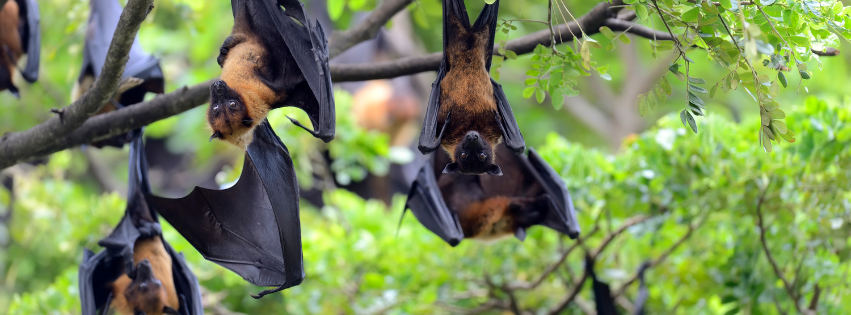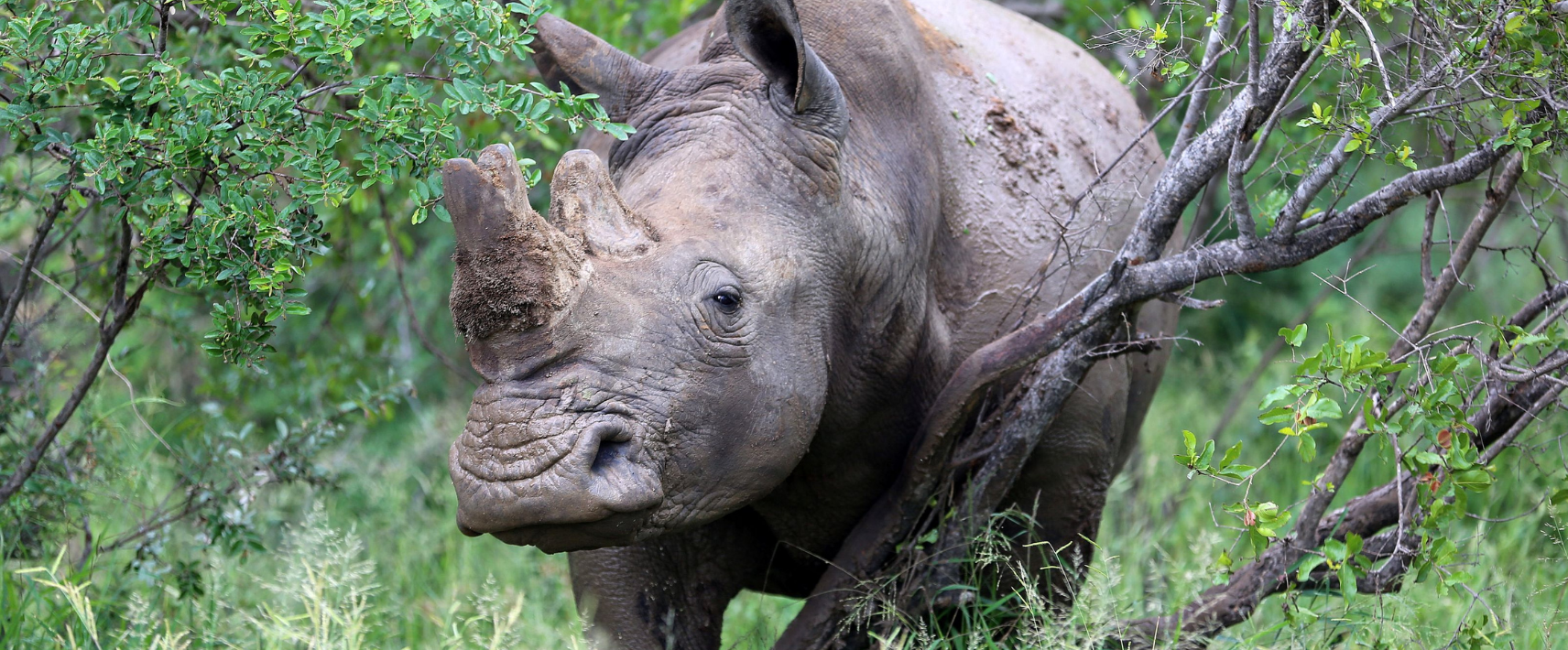SYDNEY (January 6, 2026) Humane World for Animals Australia (formerly called Humane Society International) has criticised the Crisafulli Government’s decision to reverse the former government’s phase-out of shooting flying foxes for crop protection. The animal protection charity says the move seriously undermines progress toward effective non-lethal management and brings back...
In an event as regular as clockwork, a humpback whale calf has been caught in a shark net in Queensland at Burleigh Heads on the Gold Coast. The distressing scenes echo those witnessed each and every year when a new whale migration season begins.
Humane Society International (HSI) calls for immediate removal of shark nets in Queensland. At the very least, they cannot be kept in during the whale migration season.
“Whales are caught every year in shark nets in Queensland. The fact another whale has been ensnared is horrifying but not at all surprising. Every year this happens, and every year we ask the Queensland Government to take out the nets. Every year these calls fall on deaf ears. There are better, non-lethal ways to protect both people and marine wildlife,” said Lawrence Chlebeck, Marine Campaigner at HSI.
The NSW Government removes shark nets during the whale migration season, but Queensland insists on using the ineffective and deadly nets year-round.
“We know what time of year the whales arrive. Yet, the Queensland Government keeps the nets in and puts whales and their rescuers at risk. Rescuing stressed whales from shark nets is incredibly dangerous because of their size and power. The Queensland Government must reconsider the use of shark nets during the whale migration,” said Mr Chlebeck.
Last year, HSI won a court action against the Queensland Government to cease the culling of sharks in the Great Barrier Reef and to implement non-lethal alternatives.
The Queensland Government had also enacted an exclusion zone law which prevents conservation groups from documenting shark nets and drumlines throughout the state.
Image: Envoy:Cull / The Hype Project


